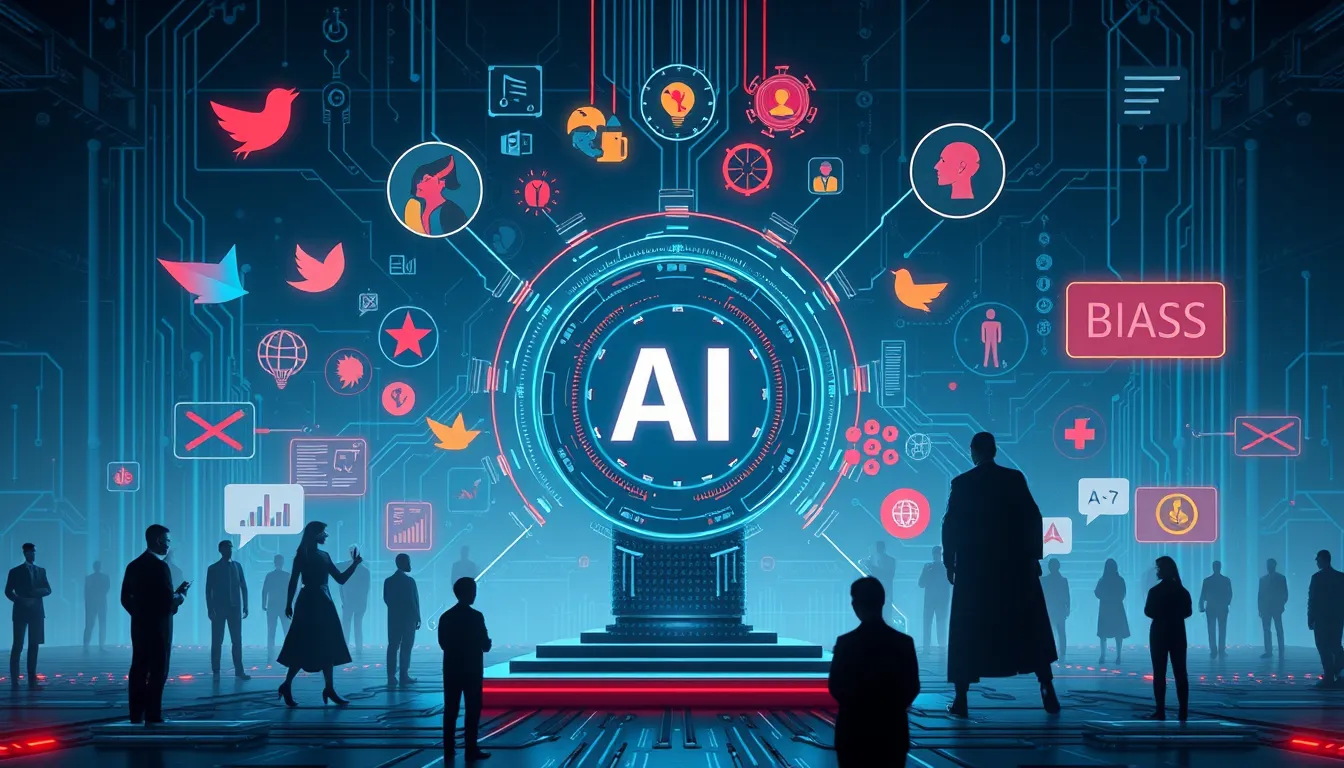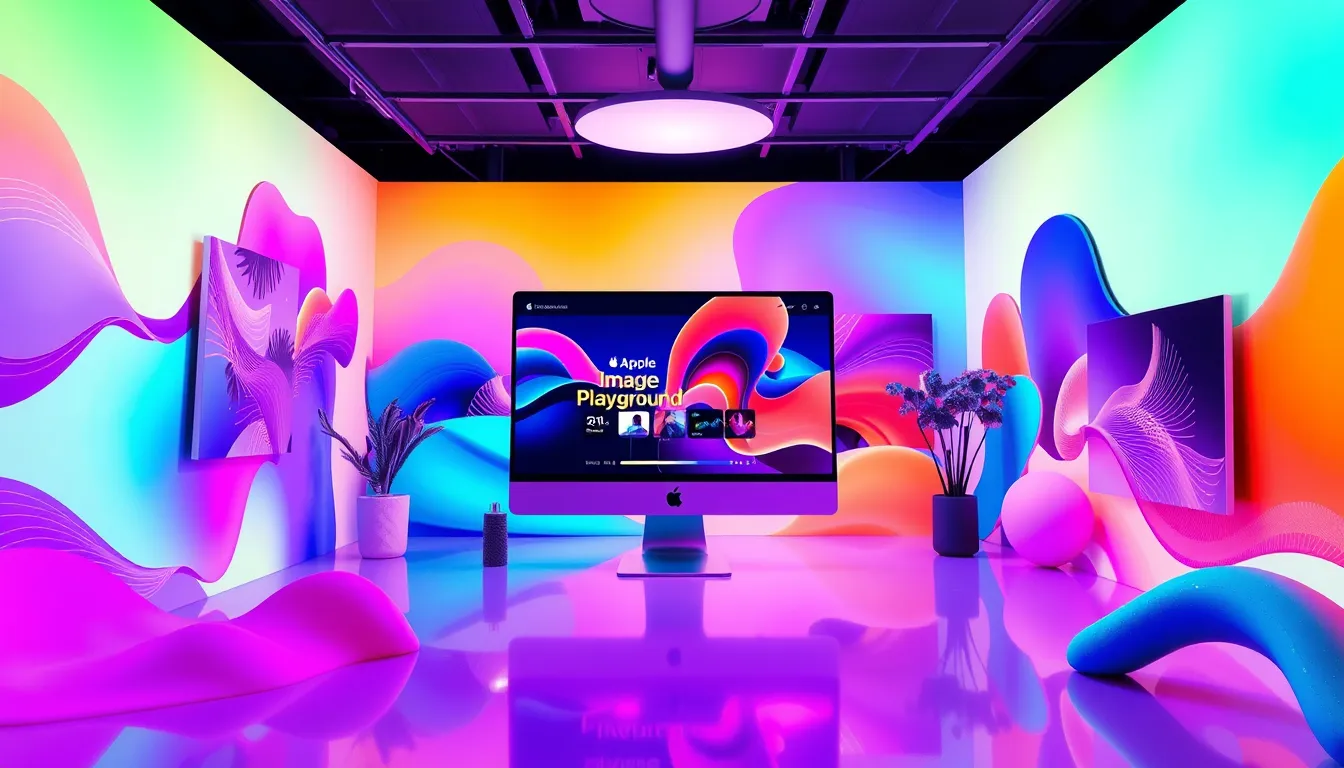Now Reading: OpenAI Sora Video Generation Bias: An In-Depth Analysis
-
01
OpenAI Sora Video Generation Bias: An In-Depth Analysis
OpenAI Sora Video Generation Bias: An In-Depth Analysis

OpenAI Sora Video Generation Bias: An In-Depth Analysis
In the rapidly evolving world of artificial intelligence, the emergence of sophisticated tools such as OpenAI Sora for video generation has unlocked new potential in content creation and digital media production. However, along with these innovations comes an equally significant set of challenges. This comprehensive analysis examines the phenomenon known as OpenAI Sora video generation bias, a subject that has garnered intense debate among researchers, industry experts, and policymakers alike. As we delve into the intricacies of AI ethics, bias in algorithmic outputs, and the broader societal implications, it becomes apparent that ensuring fairness in AI systems is as much a technical pursuit as it is a moral imperative.
Understanding the OpenAI Sora Video Generation Bias
OpenAI Sora, a state-of-the-art AI video generator, has been at the center of controversy due to its production of biased outputs. The term “bias” in the context of AI refers to systematic and repeatable errors in a computer system that create unfair outcomes, often privileging certain groups over others. In the case of OpenAI Sora, several key issues have been highlighted by critics, which include:
- Flawed algorithmic outputs that may reinforce prejudice: When the underlying data or algorithmic structure has inherent biases, the resulting videos may inadvertently propagate stereotypes or negative portrayals of certain communities.
- Challenges with bias in OpenAI video generator performance: The performance discrepancies between different subsets of data can lead to outputs that are less accurate or less representative of marginalized groups.
- Risks associated with unchecked AI oversight: Without rigorous monitoring, biased outputs can become normalized, influencing public opinion and marginalizing underrepresented voices even further.
An in-depth exploration into these issues reveals that the root of the problem often lies in the training datasets and the methodological choices made during the development process of the AI model. Many AI systems rely on vast amounts of data harvested from the internet, and if this data contains historical prejudices, those biases can be encoded into the algorithm. Furthermore, issues such as imbalanced representation in training datasets and inadequate validation processes compound these problems, leading to results that reflect the darker aspects of societal prejudices.
Historical Context and Emergence of Bias in AI
The emergence of algorithmic bias is not a new phenomenon. Historically, as technology has advanced, biases endemic to society have found new expression in digital systems. Early AI models, particularly in natural language processing and image recognition, have demonstrated that racial, gender, and socioeconomic biases can be inadvertently built into automated systems. With OpenAI Sora, similar patterns have surfaced in the realm of video generation.
A combination of factors, including biased data sources, insufficient contextual understanding, and the lack of robust guardrails, has led to controversial outputs. Researchers have noted that the nuances of video content added another layer of complexity, as visual data carries subtle cues that may amplify bias. For instance, if the training imagery reflects stereotypical portrayals, the resulting videos may inadvertently echo these biases. Recognizing these historical patterns provides crucial context in understanding why addressing bias in AI—particularly in high-stakes media generation like video—is both challenging and essential.
The Technical Underpinnings of Bias
OpenAI Sora, like many cutting-edge AI systems, employs deep learning techniques to generate video content. Deep learning models function by analyzing vast datasets to recognize patterns and generate outputs that mimic real-life scenarios. However, if the inputs are skewed, the outputs will inherently reflect those imperfections.
- Data Imbalance: Training data that underrepresents certain groups leads to models that are less accurate in representing these groups. In video generation, this imbalance can manifest as under-representative visuals or stereotypical portrayals.
- Algorithmic Design Choices: The specific structure of an algorithm, including how it weighs various features, can introduce bias if the design does not adequately consider fairness and inclusivity.
- Feedback Loops: In some systems, outputs influence subsequent training iterations. If biased content is continually reinforced, it can create a vicious cycle that entrenches the bias further.
- Lack of Transparency: Oftentimes, the internal workings of complex AI models remain opaque, making it difficult for developers and third-party auditors to detect and correct biased behavior.
Addressing these issues requires a multi-pronged approach that involves not only refining technical algorithms but also rethinking the broader framework in which these systems are developed and deployed.
Addressing Prejudice in AI Video Tools
The conversation around mitigating prejudice in AI video generation tools has gained significant momentum among technologists, ethicists, and policymakers. Experts advocate for a more proactive approach to combat bias, emphasizing the need for transparent methodologies, robust oversight, and continuous re-evaluation of AI outputs.
- Implementing Stricter Oversight Mechanisms: Establishing independent review boards and incorporating regular, external audits of AI systems can help identify and mitigate biases before they affect large populations. Oversight ensures that biases are not only detected in production but are also actively corrected over time.
- Enhancing the Ethical Framework Guiding AI Development: Integrating ethical considerations into every stage of development—from data collection to algorithm deployment—ensures that the technology is built with fairness and inclusivity at its core. This means involving interdisciplinary teams that combine technical expertise with ethical and social insights.
- Transparent Evaluation Processes: Open and transparent evaluation processes serve as a benchmark for measuring the performance of AI video generators. By clearly outlining the metrics used to assess fairness and accuracy, developers can more effectively communicate their efforts to mitigate bias and build trust with users.
- Harnessing Community Feedback: Engaging with end-users and affected communities can provide invaluable insights into how biases manifest in real-world applications. Their feedback can guide modifications to training datasets and algorithmic adjustments, ensuring that AI tools better serve all demographics.
While these strategies represent a promising step forward, their successful implementation requires collaborative efforts across academic, industrial, and regulatory domains. Open dialogue between these stakeholders is essential for developing comprehensive solutions that address the nuances and complexities of algorithmic bias.
Improving Safeguards in AI Video Generation
The debate over OpenAI Sora’s biased outputs has prompted calls for enhanced safeguards within the broader field of AI video generation. Improved safeguards can play a vital role in ensuring that video generators not only produce high-quality content but do so in a manner that is just and equitable.
- Adoption of Robust Data Curation Techniques: It is critical to curate training datasets carefully, ensuring that they are diverse, balanced, and reflective of a wide range of perspectives. This process involves removing inherently biased data, incorporating varied sources, and continuously updating the datasets to reflect societal changes.
- Refinement of Algorithmic Models: By refining the underlying models and incorporating fairness-aware algorithms, developers can reduce the likelihood of bias. Techniques such as adversarial training and fairness constraints in loss functions are gradually being adopted to mitigate these issues.
- Enhanced Regulatory Frameworks: Policymakers and regulatory bodies are actively exploring ways to oversee the development and deployment of AI systems. Stricter guidelines and industry standards for ethical AI are being discussed at international forums, ensuring that new innovations do not come at the cost of fairness or accountability.
- Continuous Post-Deployment Monitoring: Once deployed, AI systems should be subjected to continuous monitoring to assess their performance. Post-deployment audits are essential for promptly identifying any bias that may emerge as the system interacts with real-world data and diverse user groups.
External insights on AI oversight, which further illuminate these proposals, can be found at AI Oversight. These external perspectives provide additional layers of scrutiny that are vital in our quest for transparent and ethical AI development.
Implications for Society and Industry
The biased outputs of AI video generators like OpenAI Sora have far-reaching implications that extend well beyond the technical realm. The societal impact of biased AI can be profound, affecting public perception, societal norms, and even legal frameworks. As AI increasingly influences content creation, media representation, and public discourse, it becomes imperative that these systems operate fairly and without prejudice.
One significant implication is the risk of perpetuating harmful stereotypes. When AI tools generate content that reinforces negative or reductive portrayals of certain communities, they risk validating and further entrenching societal biases. This can lead to a feedback loop where prejudiced media representations contribute to real-world discrimination.
Furthermore, biased AI outputs can erode public trust in technology. In a time when digital media is a primary source of information for many, ensuring that AI systems function without bias is crucial for maintaining credibility. This erosion of trust can impede the adoption of beneficial AI applications, stalling progress in fields that could greatly benefit from innovation.
Industry leaders also face reputational risks when their products are found to propagate bias. Companies that develop or deploy these technologies bear a responsibility to their users to ensure that their tools do not inadvertently harm vulnerable populations. As public scrutiny of AI ethics intensifies, investing in bias mitigation strategies is not only a technical necessity but also a strategic imperative.
Future Directions and Opportunities for Improvement
Looking ahead, there is significant momentum toward addressing the challenges posed by biased AI systems. Ongoing research is focused on developing more sophisticated models that can detect, measure, and ultimately eliminate bias from their outputs. Some promising areas of innovation include:
- Fairness Through Data Innovation: Researchers are exploring new methods for curating data that inherently accounts for diversity. Innovations in data augmentation and synthetic data generation are being used to balance training sets and mitigate historical biases.
- Algorithmic Transparency and Explainability: As the field advances, there is a growing demand for AI systems to be more transparent. Explainable AI (XAI) is a movement aimed at making AI decision-making processes understandable to humans, which can help identify where biases originate and how they can be corrected.
- Interdisciplinary Collaboration: The challenges of bias in AI require inputs from computer scientists, sociologists, ethicists, and legal experts. Developing interdisciplinary frameworks for algorithmic accountability can foster more holistic solutions that address both technical and societal dimensions of bias.
- Regulatory and Industry Standards: Governments and industry bodies are recognizing the need for standardized guidelines around AI ethics. Future regulatory frameworks may mandate rigorous testing for bias and enforce penalties for non-compliance, creating a safer digital ecosystem for all users.
With continued efforts in these areas, the quest to eliminate bias from AI systems like OpenAI Sora is not only feasible but also essential for the ethical advancement of AI technology. These future directions underscore the transformative potential of rigorous research and dynamic policy-making, aiming to ensure that AI innovations benefit society as a whole.
Conclusion
The analysis of OpenAI Sora video generation bias presented herein underscores the complex challenges and pressing need for responsible, ethical AI development. Bias in AI systems, exemplified by the controversies surrounding OpenAI Sora, is not merely a technical flaw—it reflects deep-seated issues in data curation, algorithmic design, and oversight. Addressing these challenges demands a holistic approach that blends technical innovation with robust ethical frameworks and regulatory oversight.
By implementing stricter oversight mechanisms, refining algorithmic models, and fostering a culture of transparency and accountability, stakeholders can chart a path toward mitigating bias in AI video generators. As we have explored, the repercussions of unchecked bias extend well beyond the digital realm, influencing societal perceptions, public trust, and ultimately, the equitable distribution of technological benefits.
Ongoing discussions, research, and collaborations between academic, industrial, and regulatory bodies are essential to drive these efforts. The future of AI video generation relies on our ability to build systems that are not only innovative and efficient but also just, fair, and inclusive. As the dialogue evolves and more robust safeguards are put into place, the promise of AI—as a tool for positive and transformative change—can be realized without compromising equity or ethics.
In summary, the journey toward eliminating OpenAI Sora video generation bias is emblematic of the broader challenges facing AI today. It calls for a concerted effort to embed fairness into every facet of AI development, ensuring that as we push the boundaries of what is possible with AI, we do so with a commitment to ethical responsibility and social justice.
As the industry continues to learn from these challenges, the lessons drawn from OpenAI Sora will hopefully serve as a catalyst for future innovations that prioritize inclusivity and accountability, fostering a safer and more equitable digital landscape for all.

























